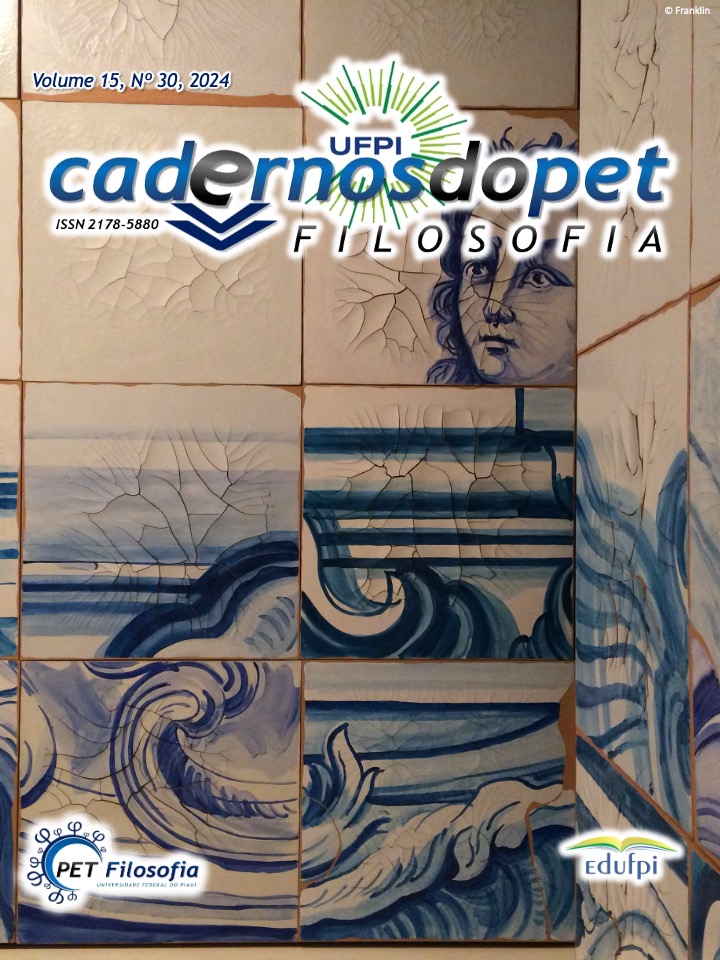THE DECONSTRUCTION OF ROUSSEAU FOR AN EMANCIPATORY EDUCATION
DOI:
https://doi.org/10.26694/cadpetfilo.v15i30.5869Keywords:
Emancipatory education, Critical pedagogy, Social transformationAbstract
This philosophical essay explores the deconstruction of Jean-Jacques Rousseau's educational ideas, seeking to adapt them for contemporary emancipatory education. Rousseau advocated for a naturalistic and individualized education, but his ideas require revision to address current challenges and promote emancipation. Through the deconstruction proposed by Derrida and the dialogical pedagogy of Paulo Freire, it is argued that emancipatory education must go beyond Rousseau's naturalism, incorporating social critique and active learner engagement in transforming social structures.
References
Apple, Michael. W. Ideology and Curriculum. Routledge, 2004.
DERRIDA, Jacques. A Escritura e a Diferença. São Paulo: Perspectiva, 2001.
DERRIDA, Jacques. Of Grammatology. (G. C. Spivak, Trans.). Johns Hopkins University Press, 1976.
FREIRE, Paulo. Pedagogia do Oprimido. 54. ed. Rio de Janeiro: Paz e Terra, 2013.
GIROUX, Henry A. Teoria e Resistência em Educação: uma pedagogia para a oposição. São Paulo: Autêntica, 1983.
GIROUX, Henry A. Pedagogy and the Politics of Hope: Theory, Culture, and Schooling. Westview Press, 1997.
ROUSSEAU, Jean-Jacques. Emílio, ou Da Educação. São Paulo: Martins Fontes, 2004.
Smith, H. Rousseau’s Political Philosophy. In E. N. Zalta (Ed.), The Stanford Encyclopedia of Philosophy. Stanford University, 2001.








